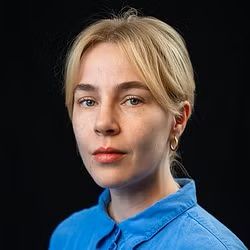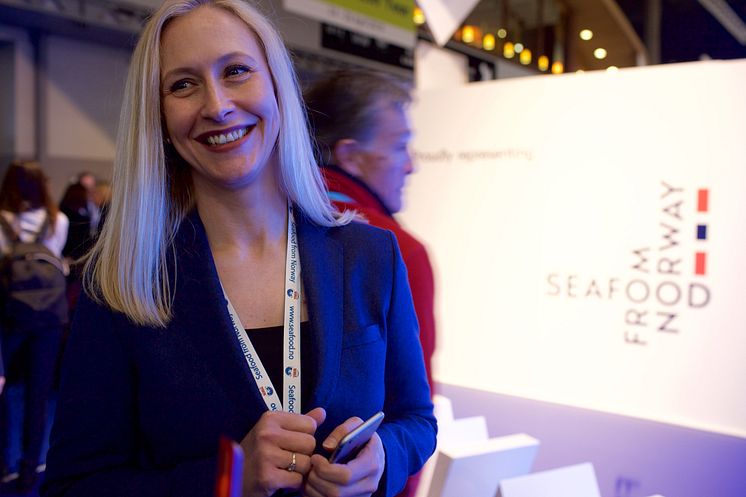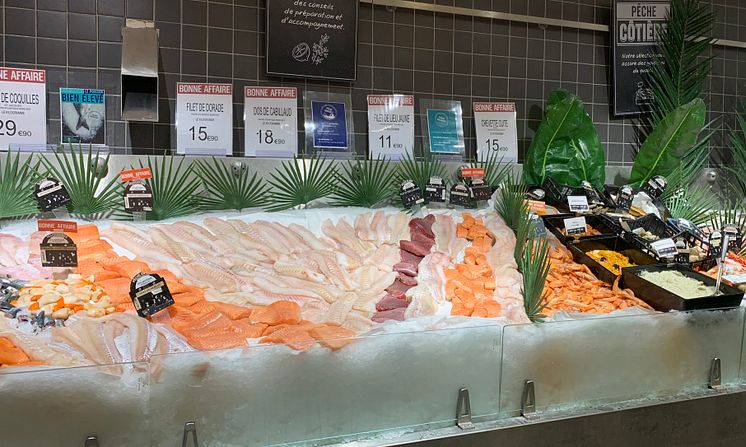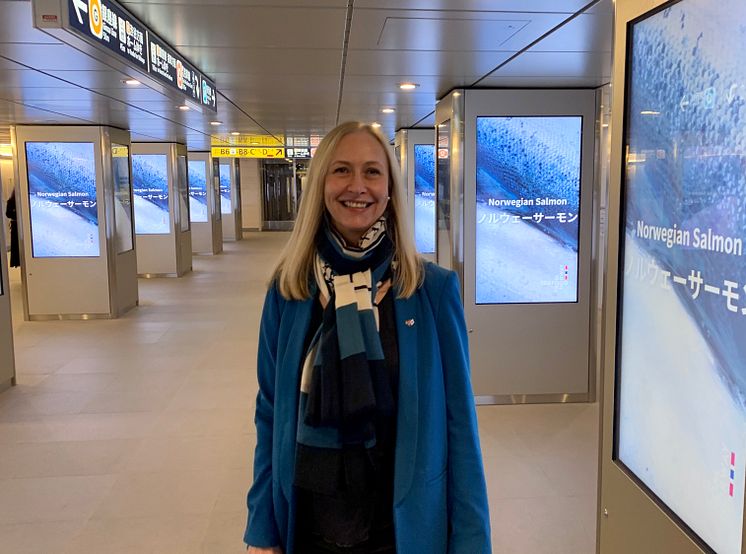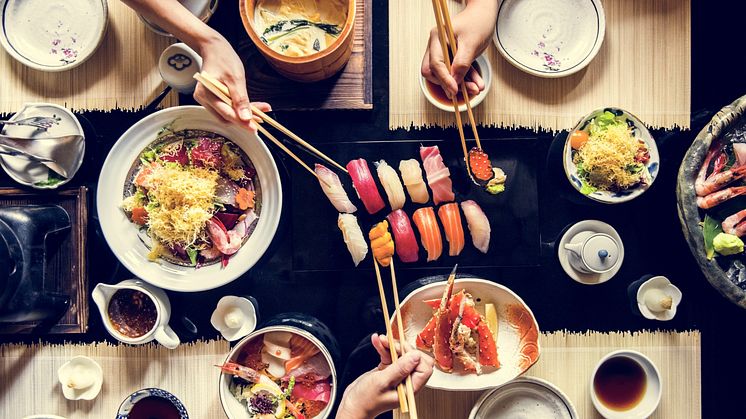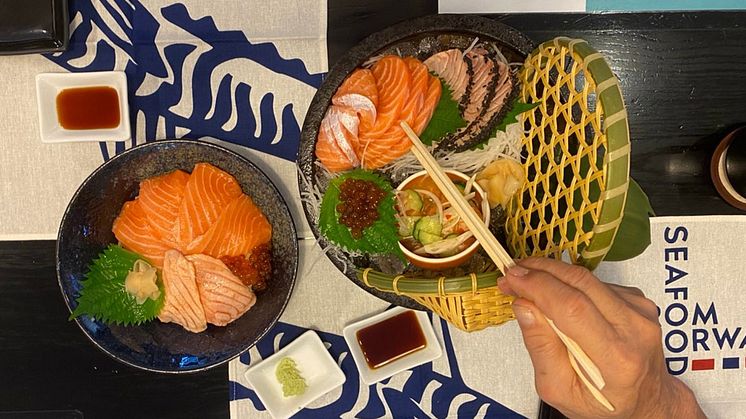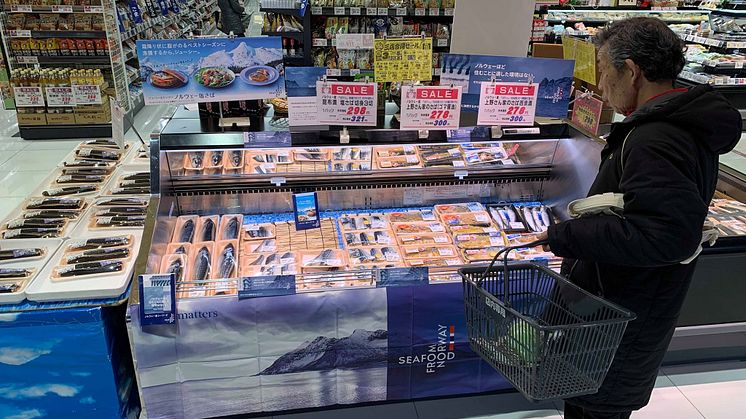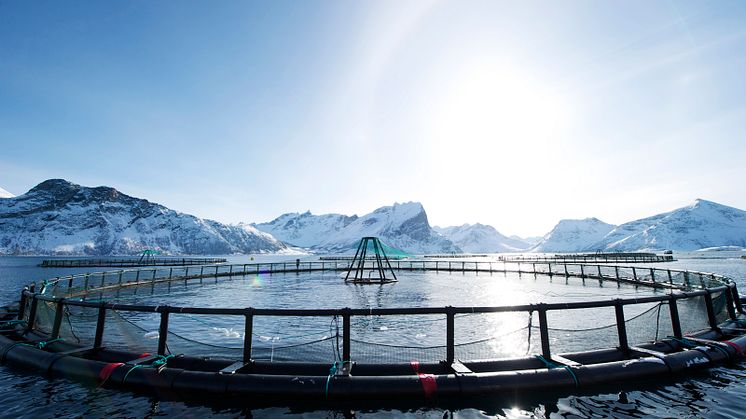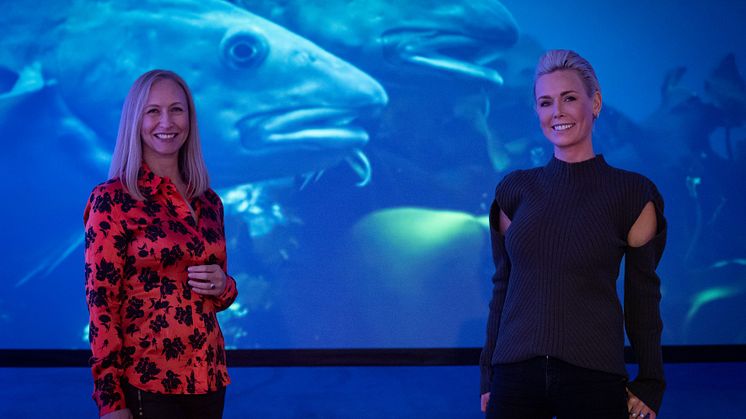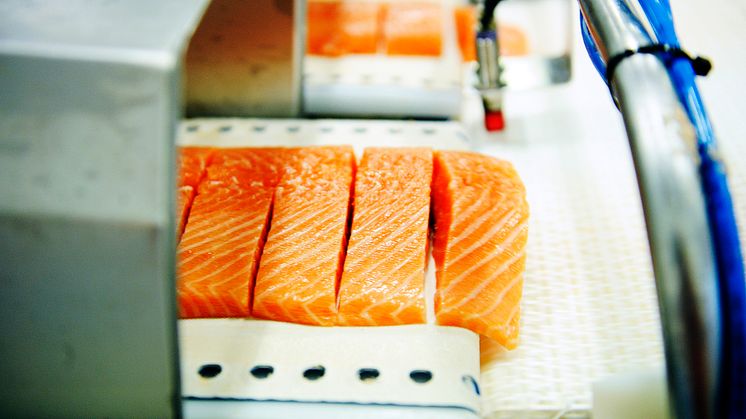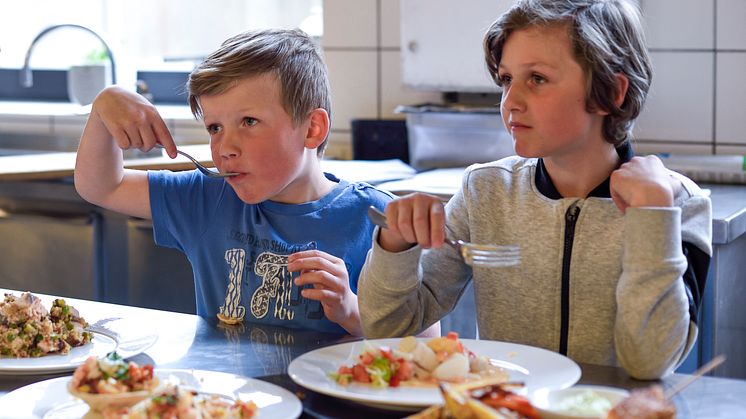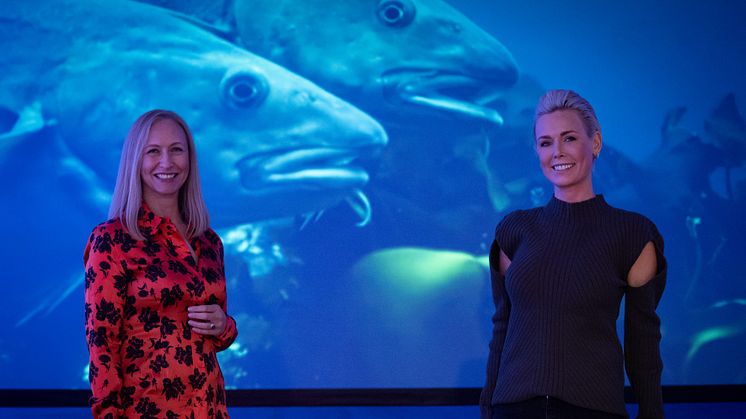
Press release -
“Seafood needs to be “sexier” to win hearts and bellies of modern consumers”
This is just one of the points raised by EAT founder Gunhild Stordalen when asked how to inspire a new generation of seafood consumers in a chat with Norwegian Seafood Council CEO Renate Larsen at this week’s North Atlantic Seafood Forum (NASF).
Stordalen and her organization EAT has been appointed by the UN ahead of this autumn’s Food Systems Summit, the first of its kind, to come up with groundbreaking solutions on how to shift global food systems into more healthy andsustainable consumption patterns. The Norwegian Seafood Council have joined forces with EAT as a strategic partner to work together on lifting the role of sustainable seafood in the future of food debate.
Seafood must not be forgotten
And while the battle lines so far have been drawn between vegan warriors and meat lovers, Stordalen calls for sustainable seafood to step off the sidelines and take a more prominent stance as part of the solution when we embark on a momentous overhaul of global food systems.
“We can’t let “blue” become the forgotten part of the puzzle when we start our journey for more sustainable food systems,” she told Larsen in the 20-minute interview where the role of sustainable seafood in the future food debate was the topic up for discussion.
Watch the whole interview at the North Atlantic Seafood Forum (ticket holders only).
Renate Larsen, spoke of the trends and challenges facing the industry, who as the CEO of the world’s biggest generic seafood marketing organization, the Norwegian Seafood Council, knows very well what it takes to inspire consumers and build knowledge about sustainable seafood.
“The world needs to eat more sustainable seafood if we are to meet the dietary needs of a growing world population, but we still have a job to do as an industry to get our message across in a meaningful way and to inspire younger consumers to become seafood lovers.
“Seafood is still much less visible than other major protein sources, both in advertising and in store. We also see many young people are looking to veganism in the belief that it is the only sustainable choice,” Larsen says.
She refers to the recent stir caused by Netflix documentary Seaspiracy, which called for an end to fishing altogether. Many of the documentary’s statements have since been discredited by a vast array of NGOs and scientists.
"There are many challenges still to be tackled, but giving up seafood all together is definitely not the way," Larsen says.
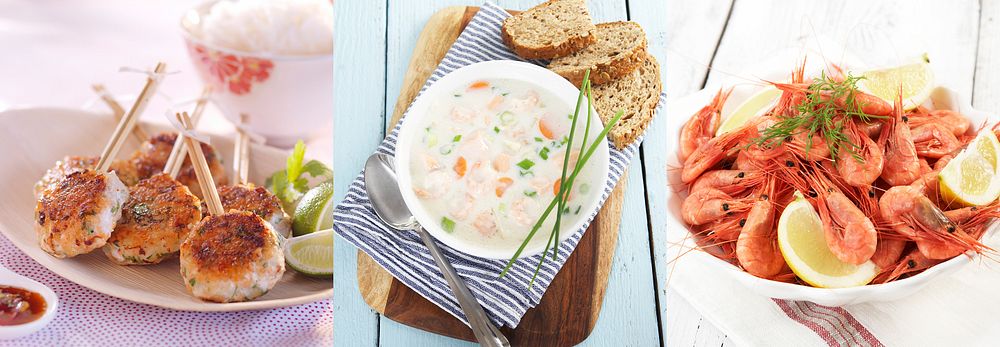
Vegan is not the only way
In the interview Stordalen, whose organization caused much international debate when they launched the “EAT-Lancet planetary health diet” in 2019, highlighted that although most people would benefit from eating more plant-based, there is no need to give up seafood.
“If you would like to lower your climate footprint through your diet, going vegan is not your only choice. Replacing meat with fish and seafood will also generally lower your dietary footprint,” Stordalen pointed out, but stressed that what an how the seafood is produced or sourced matters.
Steep learning curve to a fishier diet
Stordalen admitted that whilst she is personally a big seafood lover, she is not very confident when it comes to cooking anything fishy in her own kitchen. This is a challenge Larsen and the Seafood Council are not unfamiliar with:
“This is something we hear very often and is a focus area for our communications. It is a myth that fish and seafood is harder to succeed with in the kitchen, but it is an unfortunate result of several factors including perhaps that the industry initially was a bit slow to jump on the convenience trend, providing quick and delicious seafood products that fit with a modern lifestyle.
“Thankfully this is changing, and actually the pandemic has been a bit of a helping hand here, with more people trying out new foods and eating healthily at home. At the NSC we also work to educate and inspire consumers of all ages to not be intimidated by fish in the kitchen, starting already with kindergarten through our Fiskesprell-program here in Norway,” Larsen adds.
Read more about Fiskesprell (Norwegian only).
Blue Foods Assessment
In the run up to the UN Food Systems Summit, the importance of food from our oceans will be highlighted through a series of scientific papers dubbed the “Blue Food Assessment”.
A total of 9 papers by international scientists led by Stanford University and Stockholm Resilience Centre together with EAT will be looking at various topics related to seafood and other aquatic products and their role in our food systems, in order to feed 10 billion people enough healthy food within safe planetary boundaries.
Future trends for the seafood industry
The Norwegian Seafood Council recently issued a major seafood trend report, identifying the most prominent trends facing the seafood industry now. The report was also one of the main topics for the interview at NASF.
“Sustainability is one of the really big trends we see in many markets. The rate at which consumers are aware of the origin of the seafood they buy, how it has been caught or produced and demand trustworthy sustainability credentials is growing exponentially,” says Larsen.
Along with convenience, new sales channels and health, sustainability and transparency are the most important trends for the seafood industry, outlined in detail in the report from the Norwegian Seafood Council.
“Not long ago sustainability and transparency were potential selling points for our seafood, but not essentials, now it is a whole different ball-game. In a world where consumers are constantly inundated with messaging about what they should and shouldn’t do, it is becoming ever more difficult for people to make informed choices about the food on their plates.
“As an industry we all have a responsibility to make sure we communicate clearly and confidently about sustainability credentials as well as challenges. Through knowledge and inspiration, we will win over a new generation of sustainable seafood lovers,” Larsen says.
Topics
Categories
The Norwegian Seafood Council works with the Norwegian fisheries and aquaculture industries to develop markets for Norwegian seafood through local market intelligence, market development and reputational risk management. The Seafood Council is headquartered in Tromsø and maintains local representatives in twelve of Norway's most important international markets. The Norwegian seafood industry finances the activities of the Norwegian Seafood Council via a tariff on all Norwegian seafood exports.
The Norwegian Seafood Council is a public company owned by the Ministry of Trade, Industry and Fisheries.



